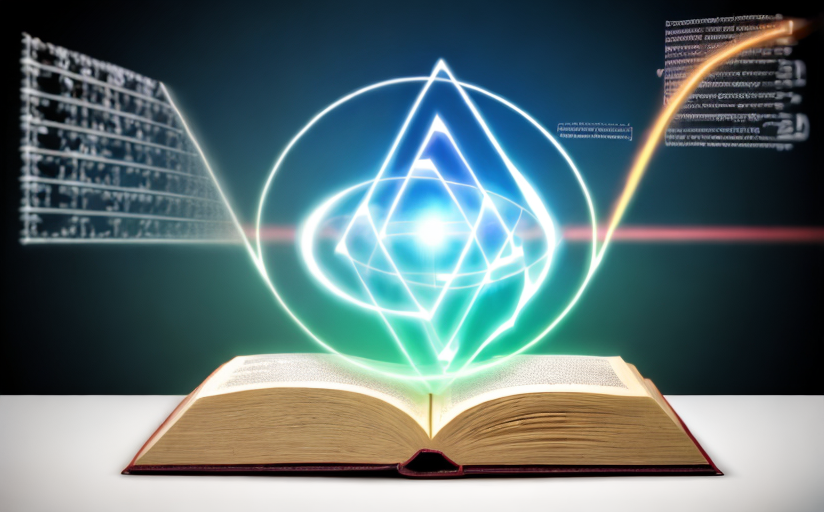The Influence of Quantum Physics on Modern Literature
The complex and intriguing world of quantum physics, with its principles defying traditional laws of nature, has steadily been making its mark in a seemingly unrelated field - literature. Often regarded as a sophisticated and specialized realm of study, the principles and theories of quantum physics are starting to intertwine with the narratives, themes, and storylines of modern literature, producing a fascinating fusion of art and science.
The Confluence of Literature and Quantum Physics
Often seen as distinct, literature and quantum physics have started to coexist, infusing reality into narratives and broadening writers' creative horizons. Penning quantum concepts into words, authors successfully weave complex explanations of reality into their narratives, introducing a refreshing multidimensionality to their works.
Influence on Storylines and Authors
While traditionally, authors have drawn inspiration from societal elements, quantum physics is gradually becoming a captivating source of inspiration. The unpredictability and mystery surrounding these scientific principles induce authors to consider other planes of existence, parallel universes, time dilation, superposition, and multiverse theories. Many authors are intrigued by quantum physics’ principles and their capacity to present unconventional perspectives in storytelling.
Case Studies: Quantum Physics Concepts in Popular Novels
- The Quantum Thief by Hannu Rajaniemi: This science-fiction novel heavily incorporates quantum physics, envisioning a future where human consciousness can be stored and traded, reflecting the quantum theory of superposition.
- The Gone World by Tom Sweterlitsch: It explores the quantum concept of multiple realities and timelines, substantially showing how a character's decision can lead to a multiverse of possible outcomes.
- The Fabric of Reality by David Deutsch: This book is an example of how quantum physics can integrate with a wide range of topics, from epistemological issues to time travel, marrying the principles of physics and intricate narrative storytelling.
Drawing Authors to Quantum Physics
The complexity and novelty of quantum physics provide authors with a treasure trove of unconventional plots and characters. It challenges traditional narrative patterns and allows authors to present multiple realities simultaneously. The realm of quantum physics, with its nebulous and counter-intuitive nature, intrigues authors and readers alike, offering unprecedented depth and uniqueness to the world of literature.
Conclusion
As quantum physics continues to influence modern literature, it offers a transformative take on conventional storytelling norms, shifting the perceptions and imaginations of authors and readers alike. This fascinating crossover between science and literature serves as a testament to human curiosity and the ceaseless pursuit for understanding the intriguing complexities of our universe.

















Comments
Leave a Comment